"Insects, pathogens, nematodes and plants have co-existed for nearly about 400 million years. Since then the above pests have been causing enormous losses to the plants amounted to 20-30% losses as per estimates given so far in the country. Realizing the role of these pests as limiting factor in agricultural productivity, several methods were developed and incorporated into management program for economically important pests. Out of these, use of insecticides could initially catch up to the growers because of their ready availability, ability to suppress pest's populations quickly and increasing productivity. Their use in the past was intense in areas where the thrust was on increasing agricultural productivity and also in those regions where certain crops were introduced in new agro-ecosystem. However, in most instances, their use proved to be a short-term solution rather than a long-term strategy. Pesticides are equally hazardous to livestock, plants and also to the beneficial fauna and flora. Their influence on the non-target organisms has caused ecological imbalance, which is some times difficult to be restored. During the last five decades or so the environmental costs of the pest management strategies on account of chemicals have become too high. Several pesticides have been banned from agricultural use not only in developed countries but also in India through regulatory actions which has triggered a search for alternative management strategies. Efforts are now being made in this direction so that effective non-chemical methods could be evolved with the sole aim of reducing pest population by using naturally occurring macro and micro-organisms, capable of suppressing pest population.
Biological control of pests using Entomopathogenic Nematodes (EPN's) is gaining popularity in the recent time, as it has long-term effect without any harmful effect on non-target organisms. These are potential agents, highly virulent, have broader host range and can bring out quick kill or target insect pests. These can easily be cultured in abundance, applied using standard application equipment and are found compatible with many chemical pesticides in action and cost less than other chemical pesticides. They can also be incorporated as an important component in the integrated Pest Management Programme.
In view the importance of Entomopathogenic Nematodes as a key component along with other bioagents such as parasitoids, predators, pathogens and also with selective pesticides for the management strategy of pests of agricultural importance could be formulated based upon socio-economic and ecological sustainability. The topics discussed in this book would be useful not only to the students but the information given could be utilized to develop management strategies for the effective pest control."

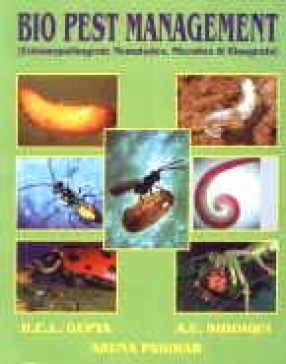
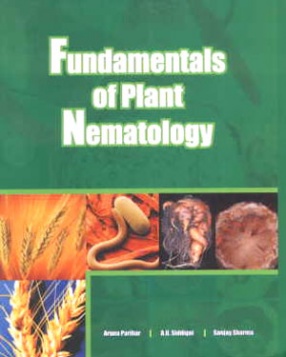
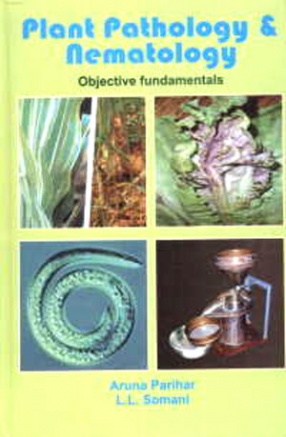
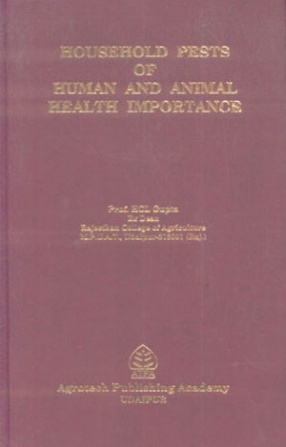
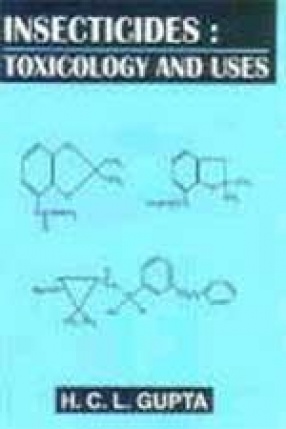
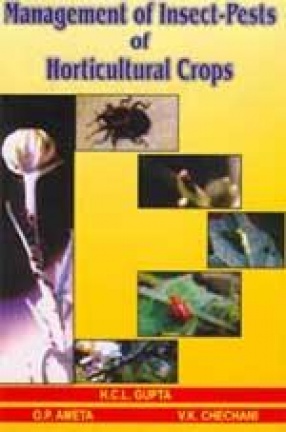
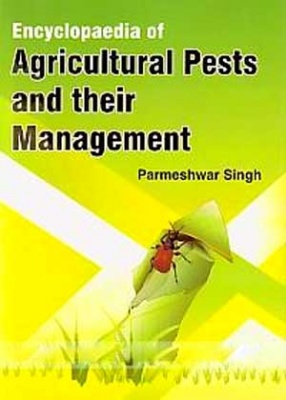


There are no reviews yet.